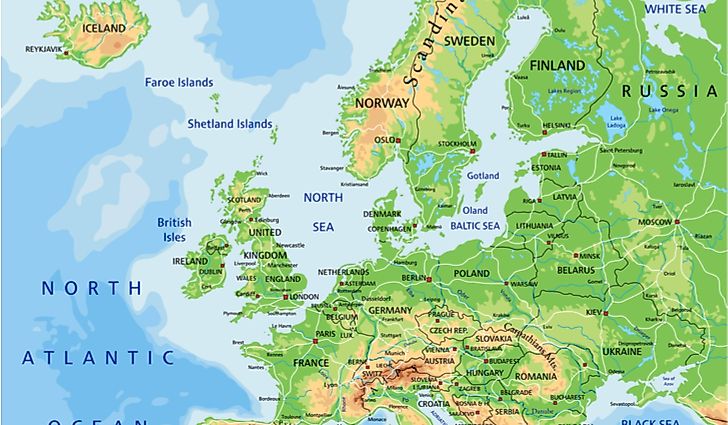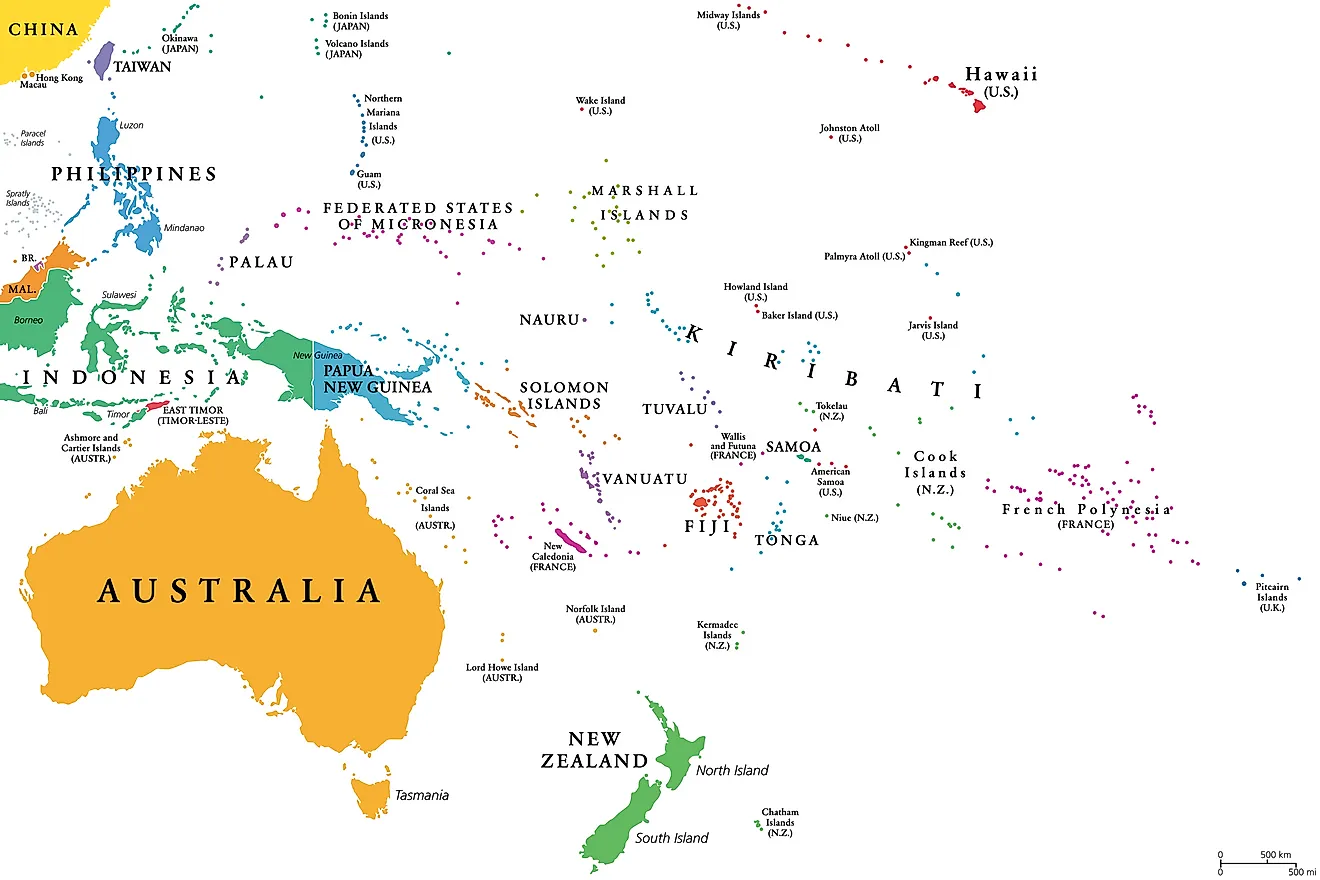Worst Customs Procedure Inefficiency In The World

The Role Of Customs Agencies
Customs departments are the agencies responsible for managing imports and exports within a country. This includes enforcing laws regarding prohibited or restricted goods, collecting taxes, and storage of commercial products. Customs officials oversee the flow of goods via land, air, and water. Inefficient, slow, and bureaucratic customs processes increase costs and are detrimental to business operations. This article takes a look at the most inefficient customs procedures around the world.
Countries with High Customs Inefficiency
On a scale of 1 to 7 with 1 being the most inefficient, Venezuela ranks 1.9. This is a highly bureaucratic country which adds to the burden of importing and exporting products. When a good reaches Venezuelan ports, it must be stored until the customs paperwork can be cleared. The majority of the process has been automated and revolves around a validation system that is initiated after document review and full examination. Once this is completed, duty payment forms can be printed and payment must be made to a national bank. The payment receipt is taken to the Customs Administration office for a stamp. This generates an exit permit which will be signed and stamped by a customs official after a final product count. The process is long and arduous and the forms are complex and repetitive.
Next on the list is Argentina with a 2.1 rating. This country has similar bureaucratic processes with little regard for customs efficiency. Customs inefficiency here makes it difficult for enterprises to conduct business. Paperwork is left open to interpretation by low-level officers and thus custom approvals are not reliable. Something as simple as receiving a personal package could take the entire day, for business transactions, it is worse.
Haiti, Chad, and Nicaragua are all ranked at 2.4 on the scale of customs burden. Mismanagement, bureaucratic processes, and operational inefficiencies all contribute to the feeling that importing and exporting good from these nations is difficult, time-consuming, and far from cost-effective. In Chad, for example, exports require 7 different documents while imports require 8. When paperwork is extensive, it increases the probability of simple errors which works against processing and approval times.
Other countries on the list (and their ratings) include Nigeria with a score of 2.8, followed by Burundi (2.9), Brazil (2.9), Zimbabwe (3), and Myanmar (3).
Problems with Customs Inefficiency
So why do inefficient customs procedures matter? Well, for starters, it is important to note that the countries on this list are all developing economies. They have yet to advance to developed status. This is, in part, due to unappealing customs procedures. The more difficult a process is to complete, the less likely it is that somebody will want to participate in it. In other words, burdensome customs procedures discourage international business and slow economic development. When import and export procedures are slow, it adds to product costs and cuts into profit. If the countries on this list hope to increase their importance in the international trading market, they must first work to improve their operational efficiency. This can be done by entering free trade agreements, minimizing paperwork (number of forms, signatures, and stamps required), and training customs officials.
Worst Customs Procedure Inefficiency In The World
| Rank | Country | WEF Customs Procedure Burden Index Score (1=Worst; 7=Best) |
|---|---|---|
| 1 | Venezuela | 1.9 |
| 2 | Argentina | 2.1 |
| 3 | Haiti | 2.4 |
| 4 | Chad | 2.4 |
| 5 | Nicaragua | 2.4 |
| 6 | Nigeria | 2.8 |
| 7 | Burundi | 2.9 |
| 8 | Brazil | 2.9 |
| 9 | Zimbabwe | 3.0 |
| 10 | Myanmar | 3.0 |







